Anxiety
We undergo a lot of training to do research and write papers. We have very little training to write grants, and most of it is voluntary. Trainings are often an hour or two here or there, to tackle a massive process in a gargantuan institutional complex that has hidden traps and decades-long implicit biases, all of which work against us. We are Frodo putting on the One Ring and venturing into Mordor—and in many cases, we have no Samwise Gamgee or Gandalf to aid and guide us.
Even for those of us who have experience with grant proposals, anxiety is still a significant concern. For one, the landscape seems to shift every time we write a proposal as funding bodies update their systems and approaches. For another, the vast majority of grant proposals, by their very nature, FAIL. We’re academics—we’ve always been good at what we do, getting top grades, PhDs, publications. It’s daunting to take on a major task to know that it’s likely going to be a giant F.
Time
Workload models are great. They are great tools to try to balance a wide variety of staff in Fusion roles, to make sure that everyone can do the things that the university expects them to do. But these are just models.
Bournemouth’s workload model is new, and it will be a while before we know how well it works. Everyone has ways of working that might not fit a model that was created to suit the majority of people across all disciplines, faculties, and departments. Timetables can take precedence, and so an individual staff member’s 400 hours of research might be distributed in a way that makes it very hard for them to use them effectively. In these cases, they might struggle to take on new challenges while they are teaching. They likely prioritise activities that are already within their comfort zone, such as reading, publishing, reviewing, etc., especially if they don’t have a driving need to bring in money in order to do many of their research activities.
Ability
Coordinating and creating grant proposals is a significant skillset, which, as noted, we don’t actually get much training in. When you compare to the training we get for research, it’s miniscule. (We also don’t get enough training for teaching, and often thrown into the deep end of that pool, but few elements of teaching are voluntary, so we’re forced to come to terms with that!)
Need
In some disciplines, we also don’t see the need. We read, we watch, we listen, and then we analyse and write. We need a library, time, and a supportive physical and mental environment to do our research and write publications. Why should we spend that valuable time learning to write grants just for the sake of writing grants that we don’t need in order to do our work?
Personal Goals
It’s not a stipulation of an academic’s basic contract that they bring in grant funding. (We’re not in that model… yet.) Some academics have different goals from others, and don’t prioritise climbing the ladder to professoriate. I know a lot of, for example, creative writers and media production folks who see their academic roles as secondary to their professional work in their respective industries. In those cases, no one cares if you’re a professor—it’s only about how well their industry work performs. Being an academic gives security to many people in creative industries, but is not their primary career.
Return on Investment
You’ve got half a day a week (being conservative, if your 400 hours aren’t perfectly efficiently distributed) to do your research, likely the whole reason you became an academic to begin with. What would you rather focus on for the next two months’ worth of research allocation hours: a journal article that will give you REFable output, a positive point in promotion/pay progression (or even external job) applications, increase your esteem in your discipline, or a grant proposal that, statistically, will fail?
I know what I’d work on.
Reasons why we should bid for grants
Furthering partnerships, collaboration
It’s very easy to get tunnel vision as a researcher, especially if your work doesn’t naturally call for partnerships and collaborators. My own work has benefitted enormously from collaborations, both within academia and without. It has taken new directions and opened up entirely new avenues for research and my career. Not everyone wants to explore more interdisciplinary, applied, or collaborative projects, but if you are in any way burned out on your area or finding something lacking, working on grants and exploring projects with other people can really stimulate your interest in research again.
Furthering research/professional projects
There’s a catch-22 to research grants: we struggle to find time to write them because time is what we need in order to do our research. If we can eke out a wee bit of relief from other duties, however, we can get a monograph written or interviews conducted. Sometimes this little bit of time, which funding can give us, is enough to get us to the next stage of a research project, to get our track record that much further, so that we can earn promotion and maybe even another grant or two for more.
Research funding, for good or ill, is classist: if you win money, they like to keep giving you more money. It’s a lottery (sometimes metaphorically, sometimes literally), but unlike a jackpot, once you win, your odds get better the next time.
Promotion
Everything that is written down in terms of policies and procedures says that there is no requirement to bring in funding to be promoted as an academic.
Everything that is NOT written down says there is. If academia is your primary career, and you want to reach that storied Professor level, you better bring in some cash money. Universities operate on the golden rule: whoever has the gold, makes the rules.
The “Man” is pressuring us
As in, the institution, the powers that be. They give presentations about targets, and talk about how other universities or research institutions (cough—America—cough) make your job and salary contingent upon the research funding you bring in, and aren’t you lucky we’re not in that model (with the implied threat of “yet” lingering at the end of that sentence).
As noted, the biggest unspoken requirement for academic promotion is how much research funding you’ve brought in. That pressure is all the more significant for being unspoken, because you don’t ever know what, where, or how high the goalposts are. So we apply for grants, and we fail, and we get discouraged, because no one gets a shout out in uni comms or meetings for applying and failing.
Solutions exist to these problems, but none are one-size-fits-all. You can’t put a per capita quota on grant income, because it’s unrealistic and absolutely unachievable. You can’t require every academic to bid.
But there are gaps that we can close with training, mentorship, and awards structures that aren’t based solely on bids that are won, and solely for the listed PI. We also can’t Field of Dreams it, hoping that if we provide a buffet of training and grant opportunities, that the staff interest and activity will come. There are a lot of reasons we don’t bid for grants, and each individual is unique in their anxieties, abilities, and desires.
What we can do is listen to staff when they identify barriers. We can ask them why they don’t write grants or attend opportunity sessions. We can use the workload model as a support tool rather than a whip, to build in time for more experienced staff to mentor new bidders, for new bidders to shadow experienced PIs as they coordinate new proposals. We can implement a strong, supportive series of proposal workshops that consider staff needs, and strive to meet them, rather than assuming we know their training needs and imposing them. We can work to be facilitators, networking among staff and matchmaking skillsets and project groups. We can provide the structure and the support that staff need for success. And we can acknowledge the great majority of grant proposals submitted, instead of only the ones that are awarded.
Bournemouth University is a strong, supportive culture. That’s what we need to improve grant submission and capture.

 The team will be working with communities to apply human-centred design techniques in Bangladesh. Together they will identify and prioritise potential solutions, develop prototype interventions, and assess the acceptability and usability of proposed interventions.
The team will be working with communities to apply human-centred design techniques in Bangladesh. Together they will identify and prioritise potential solutions, develop prototype interventions, and assess the acceptability and usability of proposed interventions.
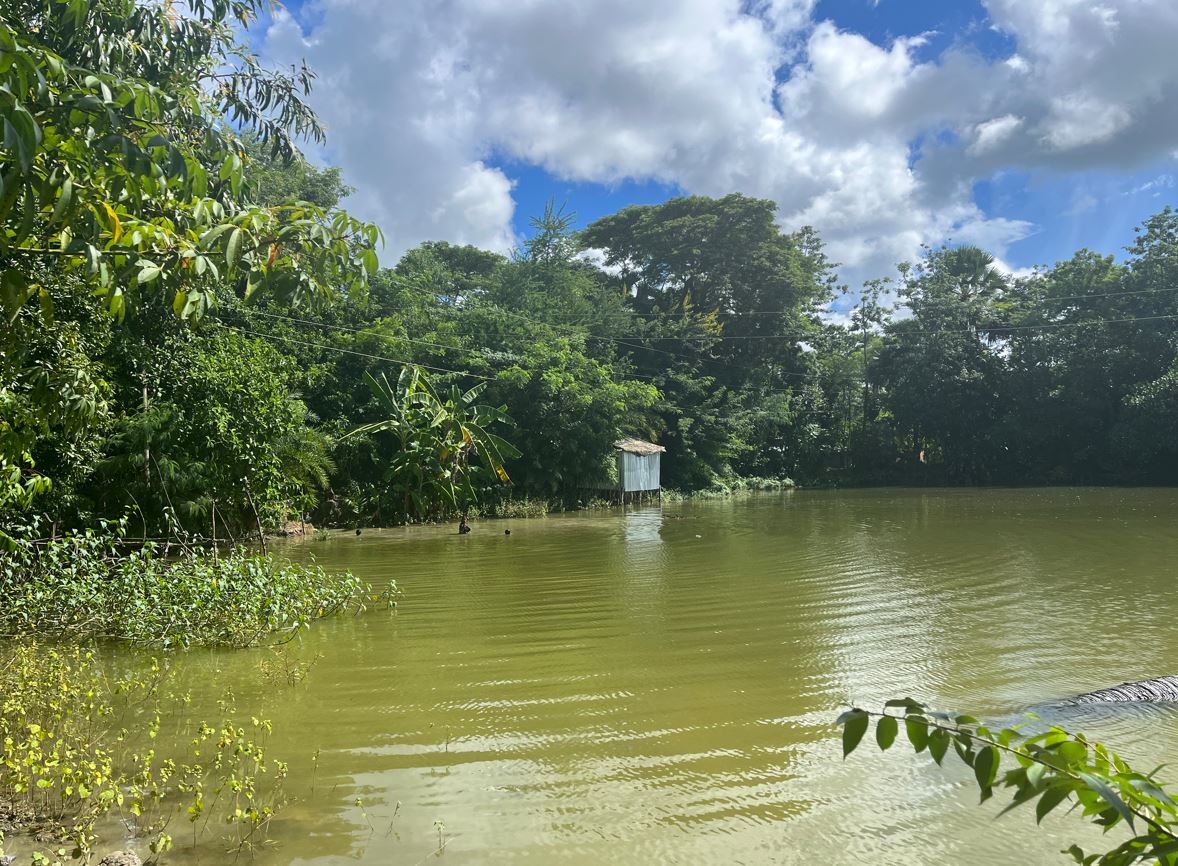
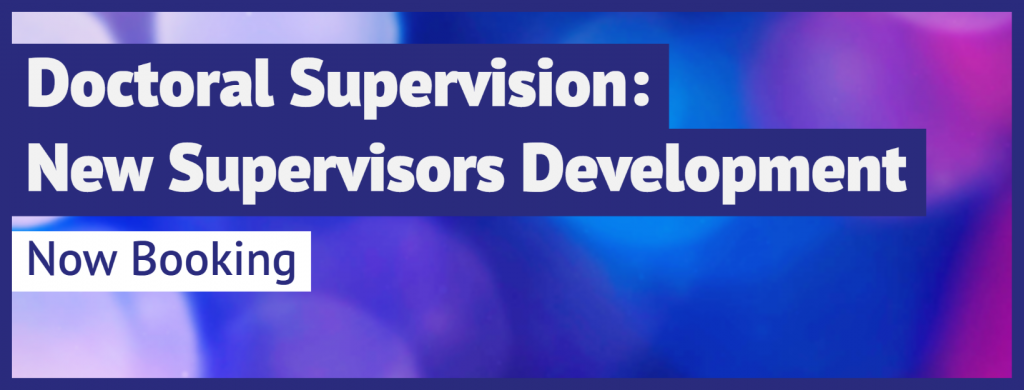


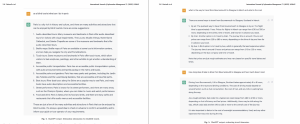
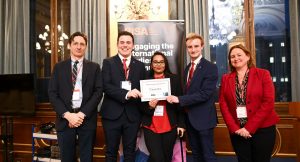 BU students in the Humanities and Law Department, Shahidah Miah (3rd year Law student), Alex Carey (2nd year History student) and Josh Pitt (3rd year Politics student) won the Distinguished Delegation Award at the BISA Model NATO. The event took place at the Foreign Commonwealth and Development Office on Friday, March 3rd, and was organized by the
BU students in the Humanities and Law Department, Shahidah Miah (3rd year Law student), Alex Carey (2nd year History student) and Josh Pitt (3rd year Politics student) won the Distinguished Delegation Award at the BISA Model NATO. The event took place at the Foreign Commonwealth and Development Office on Friday, March 3rd, and was organized by the  The FoodMAPP project – being led in the UK by Bournemouth University (BU) – will develop a searchable map-based platform that will enable consumers to search and buy food products directly from local suppliers.
The FoodMAPP project – being led in the UK by Bournemouth University (BU) – will develop a searchable map-based platform that will enable consumers to search and buy food products directly from local suppliers.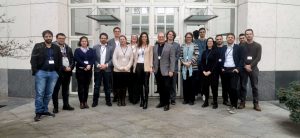
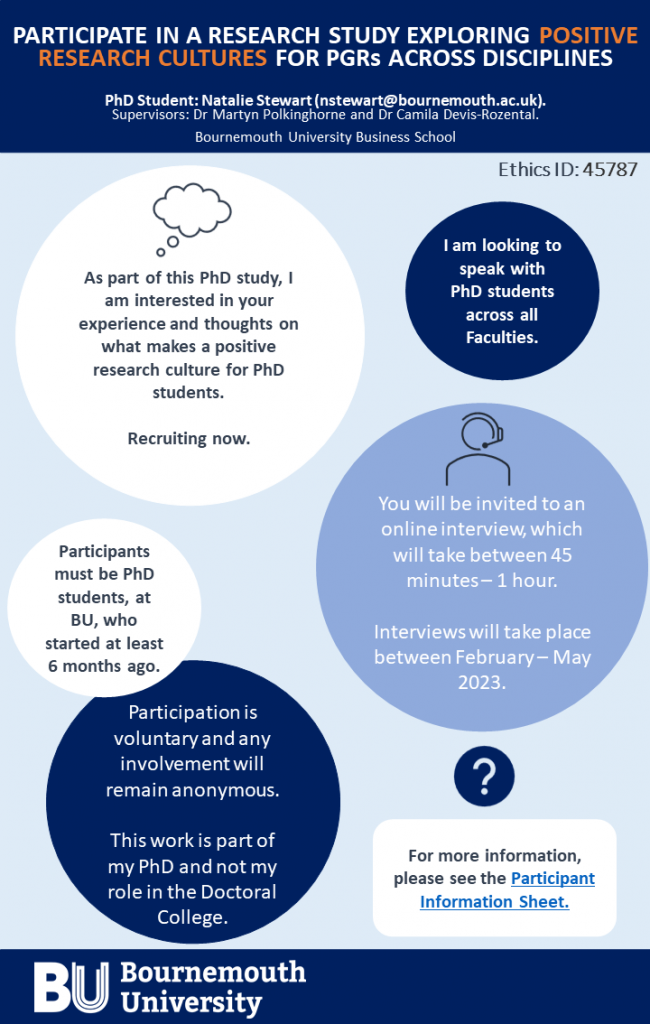
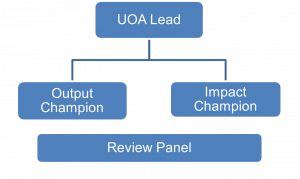
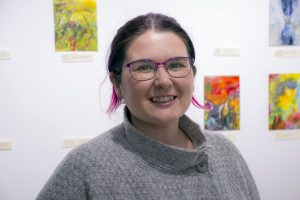
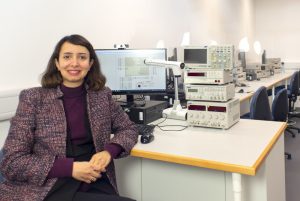




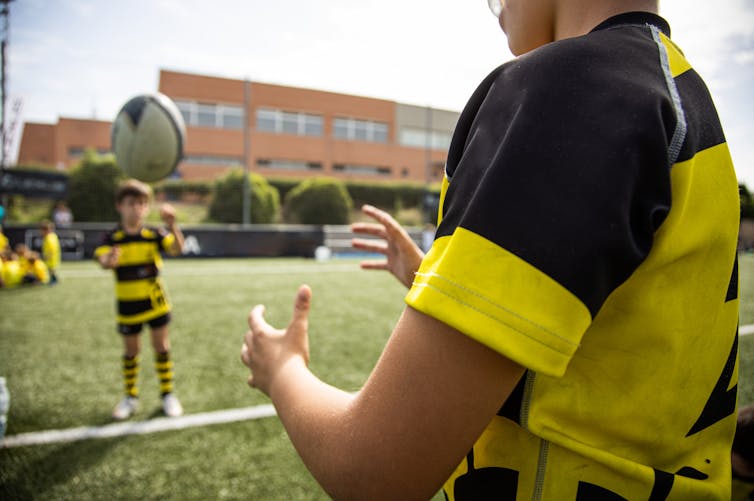




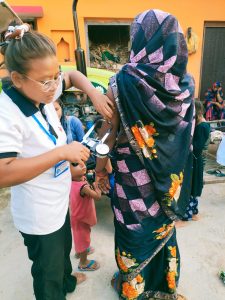











 REF Code of Practice consultation is open!
REF Code of Practice consultation is open! BU Leads AI-Driven Work Package in EU Horizon SUSHEAS Project
BU Leads AI-Driven Work Package in EU Horizon SUSHEAS Project Evidence Synthesis Centre open at Kathmandu University
Evidence Synthesis Centre open at Kathmandu University Expand Your Impact: Collaboration and Networking Workshops for Researchers
Expand Your Impact: Collaboration and Networking Workshops for Researchers ECR Funding Open Call: Research Culture & Community Grant – Apply now
ECR Funding Open Call: Research Culture & Community Grant – Apply now ECR Funding Open Call: Research Culture & Community Grant – Application Deadline Friday 12 December
ECR Funding Open Call: Research Culture & Community Grant – Application Deadline Friday 12 December MSCA Postdoctoral Fellowships 2025 Call
MSCA Postdoctoral Fellowships 2025 Call ERC Advanced Grant 2025 Webinar
ERC Advanced Grant 2025 Webinar Update on UKRO services
Update on UKRO services European research project exploring use of ‘virtual twins’ to better manage metabolic associated fatty liver disease
European research project exploring use of ‘virtual twins’ to better manage metabolic associated fatty liver disease